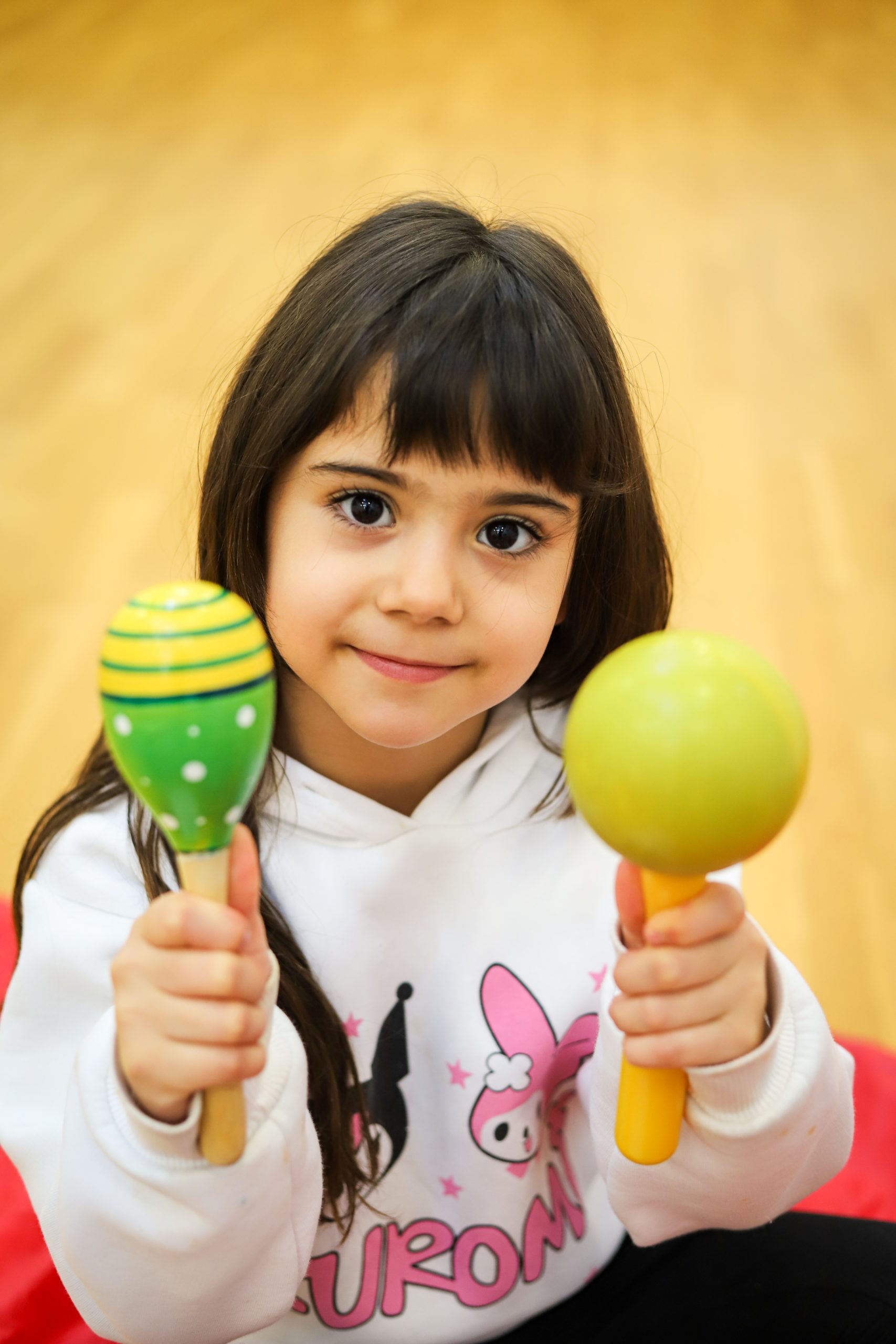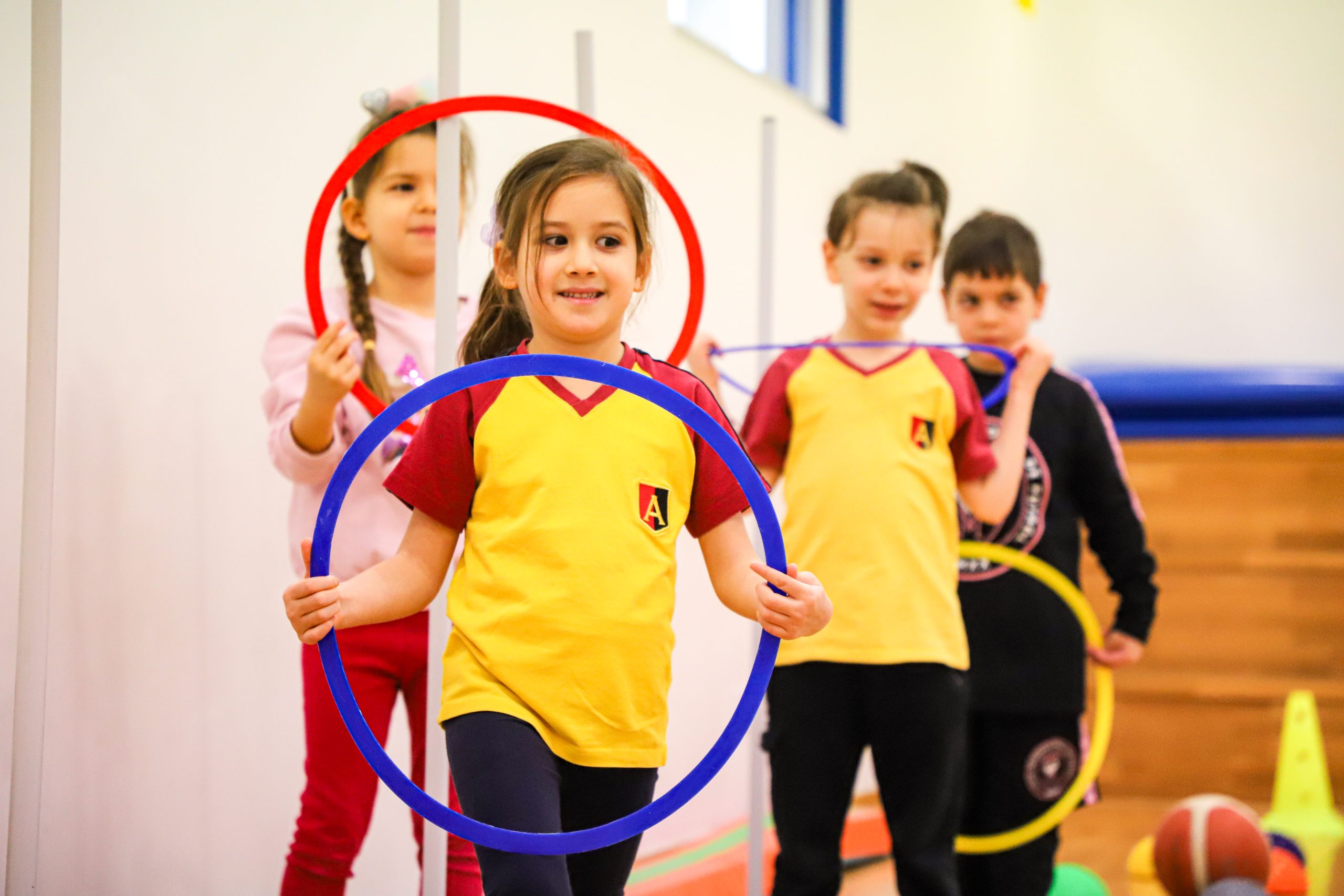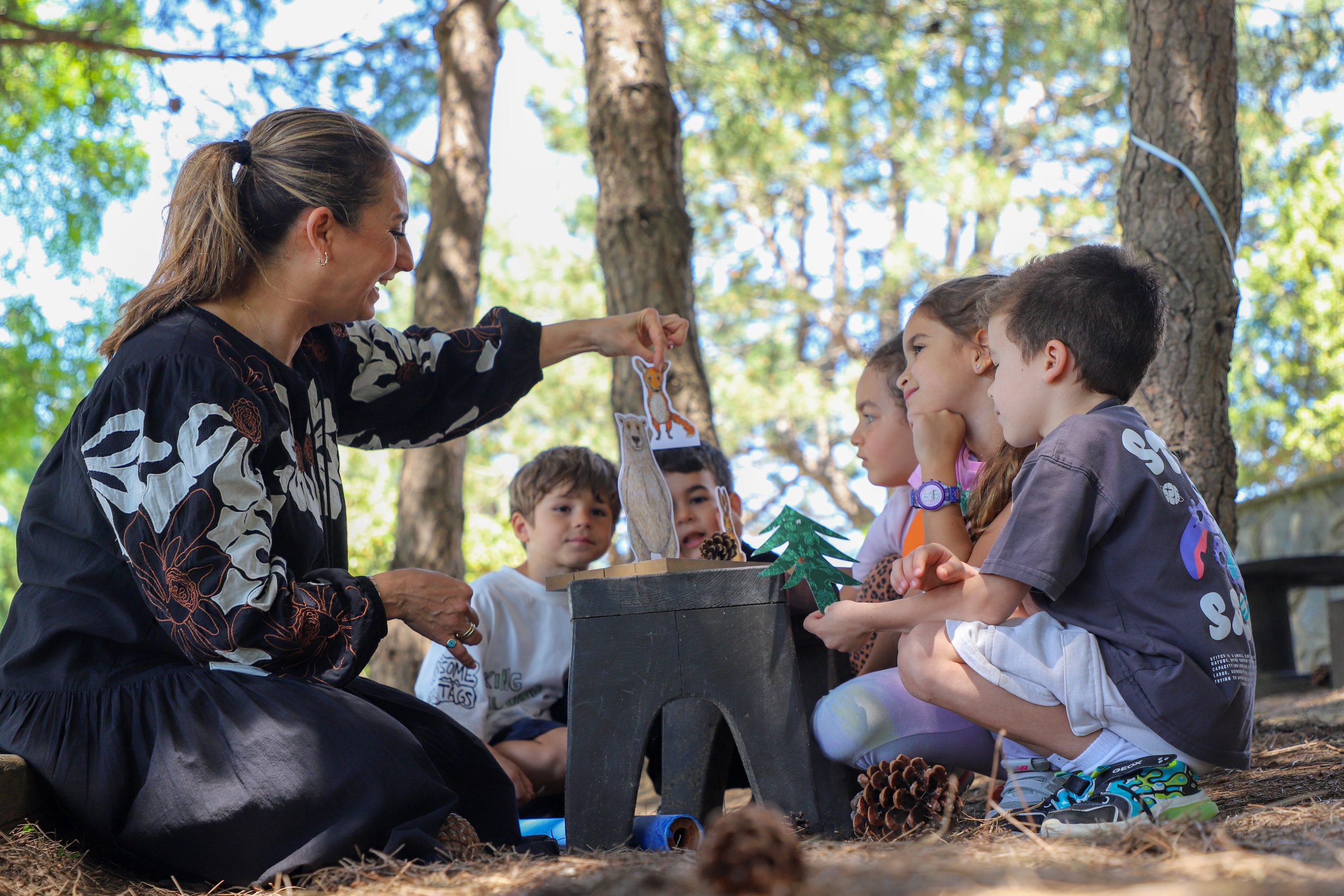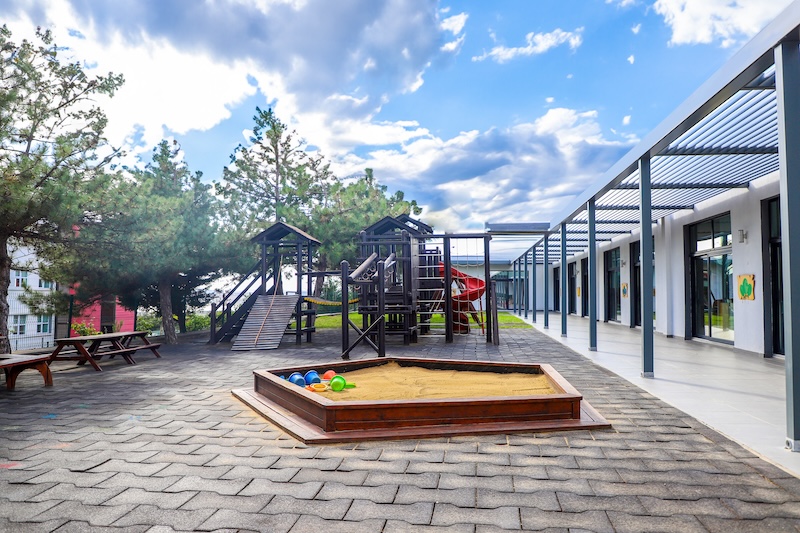Kindergarten
Play is the child’s way of understanding the world.
 Through play, children discover their surroundings, learn, and express their feelings and thoughts. At the same time, they develop social relationships and communication skills. At ALKEV Private Kindergarten, play is the foundation of education.
Through play, children discover their surroundings, learn, and express their feelings and thoughts. At the same time, they develop social relationships and communication skills. At ALKEV Private Kindergarten, play is the foundation of education.
Our kindergarten implements the Early Childhood Education Program for the preschool level, which was approved by the Turkish Ministry of Education in February 2024. This program has been enriched with modern, child-centered educational models such as GEMS, the Orff approach, forest pedagogy, and the Montessori method. In this way, a diverse developmental process is pursued that addresses each child’s individual learning style.
The kindergarten provides a learning environment where children can build secure relationships with teachers and peers and develop their social, emotional, cognitive, linguistic, and self-care skills.
 Through four different play areas in the schoolyard, our children have the opportunity to gain diverse play experiences and to promote their physical and social development in a natural environment. Each play area has been designed with consideration for the children’s age, interests, and developmental level. Outdoor activities thus become an integral part of the educational routine.
Through four different play areas in the schoolyard, our children have the opportunity to gain diverse play experiences and to promote their physical and social development in a natural environment. Each play area has been designed with consideration for the children’s age, interests, and developmental level. Outdoor activities thus become an integral part of the educational routine.
Our educational program not only supports the current development of the children but also prepares them academically for the next level of education by providing them with the environment needed to acquire the cognitive skills expected in preschool and primary school.
Another key element of our kindergarten is introducing children to different cultures and allowing them to experience cultural diversity. The goal is to foster open-minded, tolerant, and aware individuals.
Social Cultural Activities
To support the interests and abilities of the children, various activities are carried out in the kindergarten under the guidance of specialized instructors.
- Sports
- Music
- Art
- Drama/Theatre
EDUCATIONAL ACTIVITIES
 MUSIC AND MOVEMENT EDUCATION: Our music lessons are based on the Orff-Schulwerk approach. In this method, children don’t just listen to music – they experience it with their whole bodies through rhythm, sound, movement, and improvisation. The aim is to make music a natural part of their lives and to offer an environment in which they can freely express their creativity.
MUSIC AND MOVEMENT EDUCATION: Our music lessons are based on the Orff-Schulwerk approach. In this method, children don’t just listen to music – they experience it with their whole bodies through rhythm, sound, movement, and improvisation. The aim is to make music a natural part of their lives and to offer an environment in which they can freely express their creativity.
Lesson content includes:
• Voice exercises: Children get to know their voice and learn to express themselves through speaking and singing.
• Rhythm exercises: Using instruments such as tambourines, maracas, and rhythm sticks, they develop a sense of rhythm.
• Movement and dance: Coordination between the body and music is encouraged through free movement.
• Group work: Children learn to make music together, experience teamwork, and develop a sense of community.
 PHYSICAL EDUCATION: In preschool, physical activity is especially important for the physical and mental development of children. Therefore, lessons are planned appropriately for their age.
PHYSICAL EDUCATION: In preschool, physical activity is especially important for the physical and mental development of children. Therefore, lessons are planned appropriately for their age.
In physical education classes:
• Children explore and develop their bodies through natural movements such as running, climbing, and jumping.
• Through team sports like basketball, football, or volleyball, they improve both their basic motor skills and their ability to cooperate.
All activities take place in a safe, movement-rich, and fun environment.
 VISUAL ARTS: Art is a very special area in which children can express themselves. In art lessons, we offer activities that bring out their imagination and creativity.
VISUAL ARTS: Art is a very special area in which children can express themselves. In art lessons, we offer activities that bring out their imagination and creativity.
In these classes:
• Children plan, design, and reflect on their ideas while learning how to carry out creative processes.
• Hand-eye-brain coordination is supported.
• They draw inspiration from national and international artists.
• They work with various materials such as paint, clay, paper, and cardboard.
Each child creates according to their own interests and abilities – every artwork is a part of their personal developmental journey.
 Creative Drama: In drama lessons, children use their imagination to take on different roles, develop empathy, and learn to better understand their own emotions.
Creative Drama: In drama lessons, children use their imagination to take on different roles, develop empathy, and learn to better understand their own emotions.
Through creative drama:
• Their social skills are strengthened,
• Language development and expressive ability are supported,
• And they are given opportunities to discover new cultures and gain new experiences.
Drama classes provide a space where children can think freely, speak openly, and share their thoughts.




